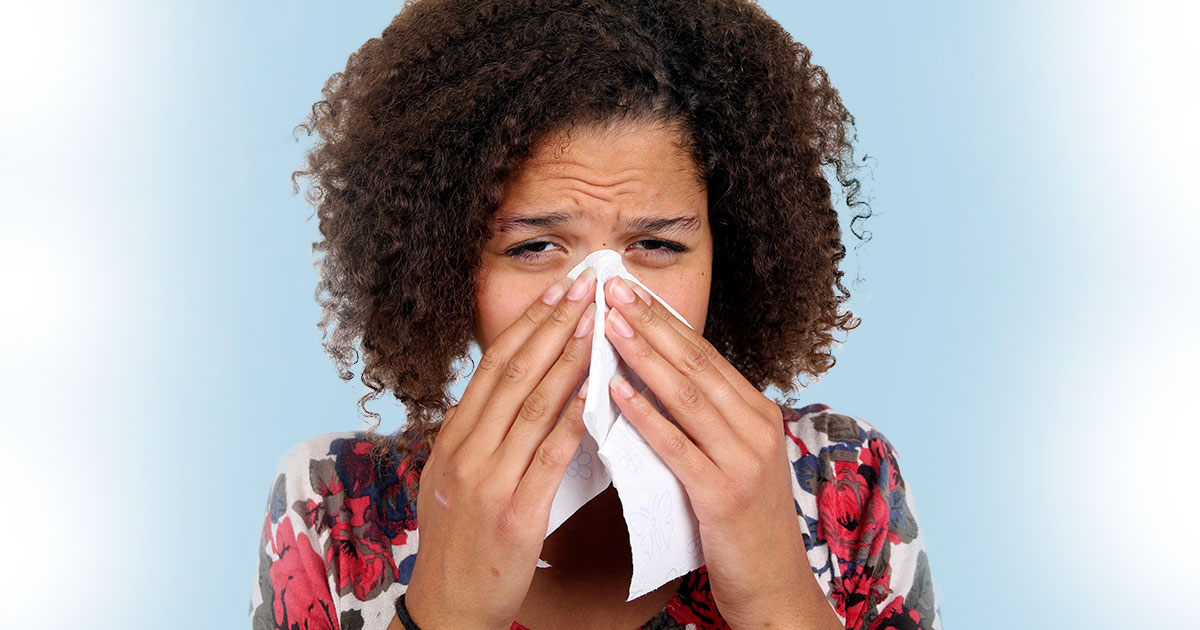Anyone suffering from seasonal allergies knows the local pharmacy carries shelves full of over-the-counter medications to help manage symptoms. Unfortunately, most seasonal allergy sufferers take over-the-counter (OTC) products rather than the treatments they actually prefer — prescription medications and allergen immunotherapy.
A study presented at the American College of Allergy, Asthma and Immunology (ACAAI) Annual Scientific Meeting, shows that many seasonal allergy sufferers do not seek the proper treatment or medication for symptoms, and those who take OTC medication are not satisfied with the results they get.
The study authors interviewed 501 children ages 12–17 and 500 adults, all of whom had seasonal allergic rhinitis, also known as hay fever. Of those surveyed, most reported moderate (45 percent) to severe (38 percent) symptoms in the spring and moderate (60 percent) to severe (21 percent) symptoms in the fall. Of the adults surveyed, 62 percent said they generally managed seasonal allergies with OTC oral medications.
“Although the majority of the patients surveyed said they took OTC oral medications for allergies, only one third were very or extremely satisfied with those treatments. In contrast, 60 percent of the patients receiving allergen immunotherapy were satisfied.”
This data supports the recommendations to see a specially trained allergist who can properly identify allergy triggers and recommend the appropriate treatments for each individual patient.”
The survey found children were significantly more likely than adults to be getting care from an allergist: 24 percent of children versus 14 percent of adults. Children were also more likely to be receiving immunotherapy than adults (14 percent to 10 percent.) Immunotherapy is commonly called allergy injection treatments, or allergy shots.
“This study confirms what our patients frequently tell us. People who see an allergist and get a treatment plan that includes prescription medications are more satisfied with their allergy treatments and outcomes.”

